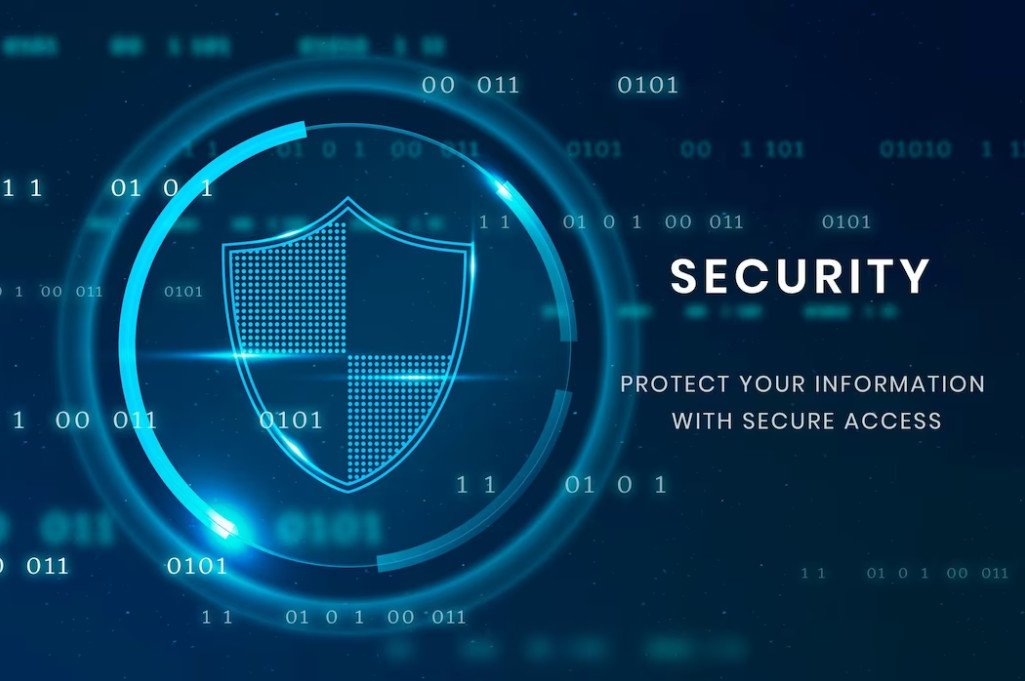Information Security and Data Privacy
In today's digital age, information security, and data privacy are essential components of every business's operations. With an increasing amount of sensitive data being stored online, it is crucial to take necessary measures to protect your information from cyber threats.
What is data privacy?
Data privacy refers to the protection of an individual's personal information from unauthorized access, use, or disclosure. This includes sensitive data such as social security numbers, credit card information, medical records, and other personally identifiable information (PII).
In recent years, data privacy has become a critical concern for businesses worldwide. With the rise of data breaches and identity theft, consumers are becoming more aware of the importance of their personal data and are demanding stronger protections. The General Data Protection Regulation (GDPR) and the California Consumer Privacy Act (CCPA) are just two examples of data privacy laws that have been enacted to ensure the protection of personal data.
What is information security?
Information security involves the protection of digital data from unauthorized access, use, or disclosure. This can be achieved through various security measures, such as firewalls, encryption, and secure passwords.
Information security is critical for businesses to protect not only their sensitive data but also their reputation. A data breach can result in significant financial losses, damage to a company's reputation, and legal consequences.
What's the Difference Between Data Privacy and Information Security?
While data privacy and information security are related, they have different objectives. Data privacy focuses on protecting an individual's personal information, while information security focuses on safeguarding all digital data, including personal and company information.
Types of Data Security
There are several types of data security measures that businesses can implement to protect their information, including:
- Encryption - the process of converting data into a code to prevent unauthorized access.
- Firewalls - a software or hardware system that blocks unauthorized access to a network.
- Two-factor authentication - a security process that requires users to provide two forms of identification to access their accounts.
- Regular software updates - installing software updates can help protect against vulnerabilities that cybercriminals may exploit.
- Virtual Private Network (VPN) - a tool that encrypts internet traffic and hides the user's IP address, protecting their online activity from prying eyes.

Why are Information security and Data privacy important?
Information security and data privacy are crucial for protecting personal and sensitive data from cyber threats, such as identity theft, financial fraud, and data breaches. Failure to protect this information can result in financial loss, damage to a business's reputation, and legal consequences.
Businesses must recognize the importance of implementing appropriate security measures to protect their data. With the increasing use of cloud computing and the Internet of things (IoT), businesses are exposed to more risks than ever before. It is vital to stay up to date with the latest security measures and best practices to mitigate these risks.
What are the challenges?
One of the biggest challenges businesses face is keeping up with the constantly evolving threat landscape. Cybercriminals are always looking for new ways to exploit vulnerabilities in security systems, making it necessary for businesses to stay up to date with the latest security measures and best practices.
Another challenge is employee education and awareness. Human error, such as falling for phishing scams or using weak passwords, is a significant cause of security breaches. Ensuring that employees are trained on best practices for information security and data privacy is crucial for mitigating these risks.
Tips and Best Practices for Information Security and Data Privacy
Here are some tips and best practices that businesses can implement to improve their information security and data privacy:
- Implement strong password policies - require employees to use complex passwords that are changed regularly.
- Use multi-factor authentication - requiring multiple forms of identification to access an account can provide an additional layer of security.
- Conduct regular security audits - regular assessments of your security systems can identify vulnerabilities and potential risks.
- Train employees on information security and data privacy best practices - educating employees on how to identify and prevent cyber threats can significantly reduce the risk of a security breach.
- Encrypt sensitive data - encryption can prevent unauthorized access to sensitive data, even if a breach occurs.
- Use firewalls - firewalls are an essential part of any network security plan. They can help protect against unauthorized access to a network.
- Keep software up to date - regularly updating software can help protect against vulnerabilities that cybercriminals may exploit.
- Backup data regularly - in the event of a security breach, having regular backups can help restore lost data and minimize damage.
- Limit access to sensitive data - restricting access to sensitive data can help prevent unauthorized access and reduce the risk of a security breach.
- Have a response plan in place - having a plan in place for responding to a security breach can help minimize damage and get systems back up and running as quickly as possible.
In conclusion, information security and data privacy are critical components of every business's operations. Implementing the necessary security measures and best practices can help protect against cyber threats and safeguard sensitive data. By staying vigilant and up to date with the latest security trends, businesses can mitigate the risks and ensure the safety of their information. As the threat landscape continues to evolve, it is essential to prioritize information security and data privacy to protect your business and your customers.


